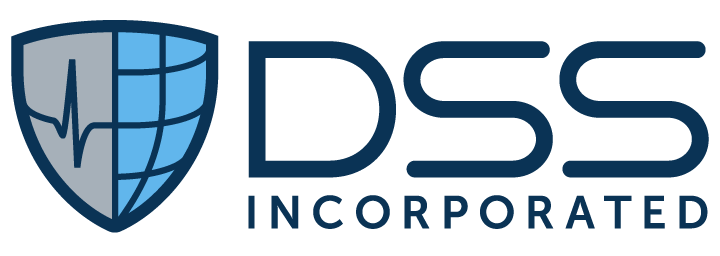How Latest Technologies Can Support the Veterans Crisis Line
The Department of Veterans Affairs (VA) is constantly looking for innovative ways to support Veterans in crisis. This includes advances in artificial intelligence (AI), which have already affected health care and will undoubtedly continue to revolutionize how patient care is delivered throughout the world.
Launched in 2007, the Veterans Crisis Line (VCL) workforce includes 500 VCL responders nationwide who have responded to more than 6.8 million calls from Veterans, active duty service members, and their families. VCL responders do incredible work every hour of every day, providing compassion and critical resources and saving lives.
Most recently, the VCL successfully implemented the National Suicide Prevention Hotline’s “988 then press 1 option” for retired service members in need of help, according to an article in NextGov/FCW. This option makes it much easier for Veterans to remember the number to call in times of crisis.
The VA’s 2023 National Veteran Suicide Prevention Report indicated that our Veterans remain at elevated risk for suicide. Suicide is preventable, and everyone has a part to play. A diversity of solutions will only be possible if diverse solvers – including Veterans, researchers, technologists, advocates, clinicians, health innovators, and service members – answer the call to collaborate and share their expertise.
That’s what led the VA in 2022 to create Mission Daybreak, a $20 million U.S. Department of Veterans Affairs grand challenge to reduce Veteran suicides. The solution proposed by DSS, Inc. was one of the finalists in the competition and was awarded $250,000 to fund continued development.
Our solution is a multidimensional approach to detect suicidal ideation in real-time using Machine Learning (ML) techniques. Operators are often overwhelmed by the number of calls and need tools to assist them in assessing Veteran’s suicide risk levels in real-time.
The solution’s multidimensional approach detects suicidal risk in real-time by using machine learning techniques to improve the accuracy of distress prediction. The resulting distress prediction value is viewable by the operator during the call.
A Step Further – Emotion AI
Emotion AI is a specialized form of artificial intelligence specifically designed to detect, interpret, and provide real-time feedback about our emotions. Emotion AI technology analyzes data based on voice characteristics or facial expressions.
Emotion AI has proven beneficial for customer service call centers, where insights into a caller’s emotional state can help guide customer service representatives – leading to greater customer satisfaction and increased sales.
Emotion AI technology could help improve the overall customer service experience of Veterans and family members who contact the VA. During Secretary Bob McDonald’s tenure at the VA, the department instituted the “I CARE” initiative, which focused on the core values of “Integrity, Commitment, Advocacy, Respect, and Excellence” to ensure the delivery of high-quality Veteran care. Real-time feedback provided by Emotion AI technology during customer service calls with Veterans could help identify gaps in customer services, which in and of itself would improve overall care.
Emotion AI technology has the potential to support the VCL directly with the following capabilities:
Identify early or subtle signs of distress in callers
Provide real-time feedback on how to best respond to a caller's emotional state
Suggest resources and interventions that are tailored to the caller's individual needs
Help responders quickly and easily access relevant information from the caller's medical and/or mental health record
Once properly developed, trained, and implemented, Emotion AI technology could allow VCL responders to focus – with fewer competing demands – on their primary task of being present for a veteran or service member in distress, allowing the technology to work in conjunction with their efforts. They could more easily integrate additional data from multiple sources about the caller – because the technology would gather and analyze data supporting the responder’s assessment.
Finally, in addition to providing critical information about individual callers to VCL responders, Emotional AI could also be used in the initial and ongoing training of the responders themselves.
The NextGov/FCW article highlights the need for training as the new 988, then press one feature, increased VCL call volumes. By providing feedback about a responder’s tone, inflection, and word choice during interactions with Veterans, responders would be better able to adjust, modulate, or shift appropriately depending on the emotional style, state, or needs of a specific caller.
Emotion AI is an innovative tool that can help in the delivery of mental health care and support as well as in suicide prevention, enabling health care providers to devote their time to implementing creative solutions and personalized care.
However, it’s crucial to approach this technology thoughtfully and responsibly to assess the risks and mitigate unintended consequences. In doing so, we will safely harness the power of AI to bolster our collective efforts to provide comprehensive care for those who have served our nation.
To learn more about how DSS catalyzes health care innovation and digital transformation for the VA, click here.

